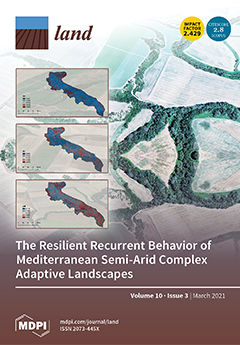Evaluation of the Effect of Stability Schemes on the Simulation of Land Surface Processes at a Western Tibetan Site
The surface fluxes calculated in land surface models (LSMs) are sensitive to the determination of the stability parameter. Further, calculation of the surface fluxes over the Tibetan Plateau (TP) is crucial in the simulation of regional and global weather and climate. In this study, we use 2-year micrometeorological data measured from Shiquanhe, located in the western TP, to evaluate the performance of the widely used Noah LSM with five stability parameterization schemes.


